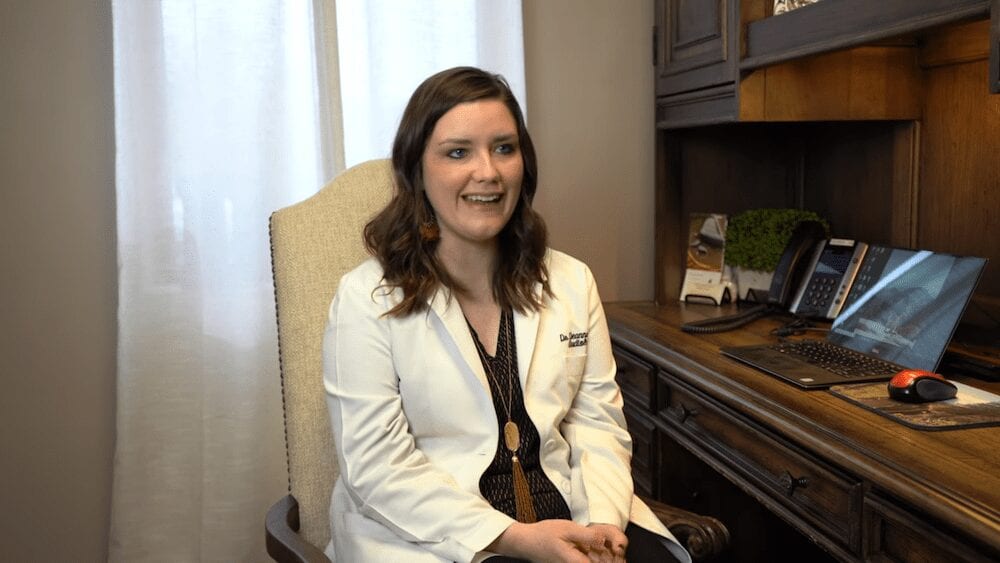Today, many people use headphones to relax, unwind, and enjoy some personal time away from the pressures of daily life. But did you know that when you stream podcast as you go to work, there’s a chance you could be damaging your hearing? Any form of loud noise can pose a threat to our delicate inner ear system. This is how headphones can be hazardous and may cause hearing loss.
Noise-induced Hearing Loss
Headphone users are most susceptible to hearing damage that comes from exposure to loud sounds – called noise-induced hearing loss. This can cause permanent damage to the small hair cells inside their ears, which are used to receive different sounds. Once this has taken place, just like with eyesight, a person’s hearing will never return to its original state, requiring lifelong management instead. Noise-induced hearing loss can result from a single episode of very loud noise or from several years of experiencing sounds that are above a safe level.
Dangerous Levels
Most headphones allow users to listen to music above 85 decibels, the level at which sounds become dangerous to someone’s hearing. Often, a person will raise the volume of their headphones to compensate for traffic noise or to drown out others’ conversations. But over time, this can cause a permanent shift in their ear’s sensitivity to sounds, leading to a slow decline in their overall hearing capacity. They can also acquire hearing loss from an impulse noise, a very loud sound that can cause instant damage to someone’s auditory system. If they blare their music at its highest volume for a short period of time, for example, this can cause similar harm to their hearing.
Symptoms Of Hearing Loss From Headphones
When people have listened to sounds above a level safe, they might feel like their hearing has become muffled. Later, this sensation may go away. But if it happens repeatedly, it’s likely their hearing won’t return and will instead begin to decline. Similarly, a person may also experience a ringing in their ears, known as tinnitus, after listening to loud music. They may find this dissipates and returns at different times, but regardless, it often signals that they have damage to their hearing.
What’s the Best Solution?
One solution is to use noise-canceling headphones to listen to music, rather than conventional amplification devices. These use small microphones to block out background noises, which a listener might otherwise try to mask with louder sounds. They can then turn down the volume of their music to a level that’s safe without having to strain their hearing. Most smartphones also provide information about volume in decibels. So it’s possible to safely reduce the sound output of headphones by manually adjusting them.
What if I’m Concerned?
If you’ve noticed symptoms that are suggestive of hearing loss, it’s crucial to book an appointment with an audiologist as soon as possible.
The doctors at Cornerstone Audiology offer complete hearing evaluations, which allow them to accurately diagnose different hearing problems. They can then advise a course of treatment, which can rapidly improve the lives of those affected by a hearing loss.
Are you worried your hearing might be in decline? Request a callback now, and staff at one of our Lubbock, or Snyder clinic can help you today!




